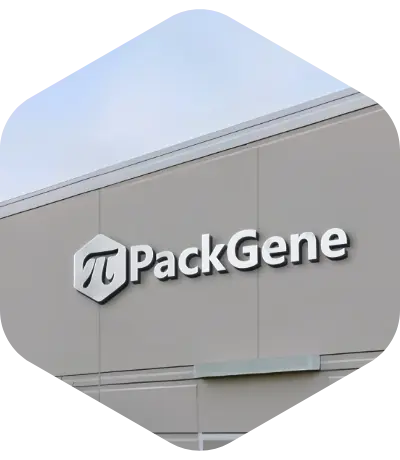
Development and Application of a Liquid Chromatography-Mass Spectrometry Method for Residual Iodixanol Quantification in AAV-Based Gene Therapy Product Development
简介:
- 作者: Yi Pu, Russell Katz, Yunqiu Chen, Vic Kostrubsky, Pete Clarner, Shih-Ching Lo, Zoran Sosic, and Bernice Yeung
- 杂志: Human Gene Therapy
- Doi: https://www.doi.org/10.1089/hum.2021.136
- 出版日期: 2022 Jan
论文中使用的产品/服务
Quotation shows PackGene:Recombinant AAVs were produced by PackGene (Worcester, MA) or Biogen (Cambridge, MA).
Research Field:New method for AAV safety (in vitro)
摘要
Adeno-associated viruses (AAVs) are nonenveloped viruses that have become popular gene transfer vectors to deliver DNA to target cells in clinical gene therapy. Iodixanol-based density gradient is one of the widely used purification methods for serotype-independent AAVs. However, residual iodixanol in AAV could be a safety concern, and further purification to remove this process-related impurity is typically needed. An analytical assay with high sensitivity is essential for the detection of residual iodixanol to ensure the safety of AAV products. We developed a liquid chromatography-mass spectrometry method with the limit of quantification of 0.01 μg/mL for residual iodixanol measurement in AAVs. The method also demonstrated linearity over four orders of magnitude that allows quantifying a high iodixanol concentration in in-process samples with excellent recovery and accuracy. In addition, we further explored a highly efficient purification method for removal of the residual iodixanol, to minimize the safety concern from iodixanol as a process impurity.
关于派真
作为一家专注于AAV 技术十余年,深耕基因治疗领域的CRO&CDMO,派真生物可提供从载体设计、构建到 AAV、慢病毒和 mRNA 服务的一站式解决方案。凭借深厚的技术实力、卓越的运营管理和高标准的服务交付,我们为全球客户提供一站式CMC解决方案,包括从早期概念验证、成药性评估到IIT、IND及BLA的各个阶段。
凭借我们独立知识产权的π-alphaTM 293 细胞AAV高产技术平台,我们能将AAV产量提高多至10倍,每批次产量可达1×10¹⁷vg,以满足多样化的商业化和临床项目需求。此外,我们定制化的mRNA和脂质纳米颗粒(LNP)产品及服务覆盖药物和疫苗开发的各个阶段,从研发到符合GMP的生产,提供端到端的一站式解决方案。

